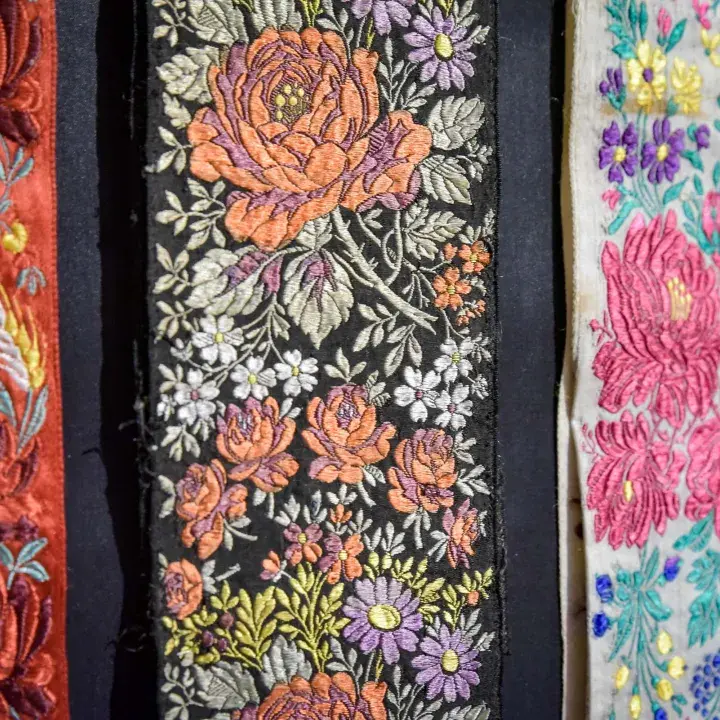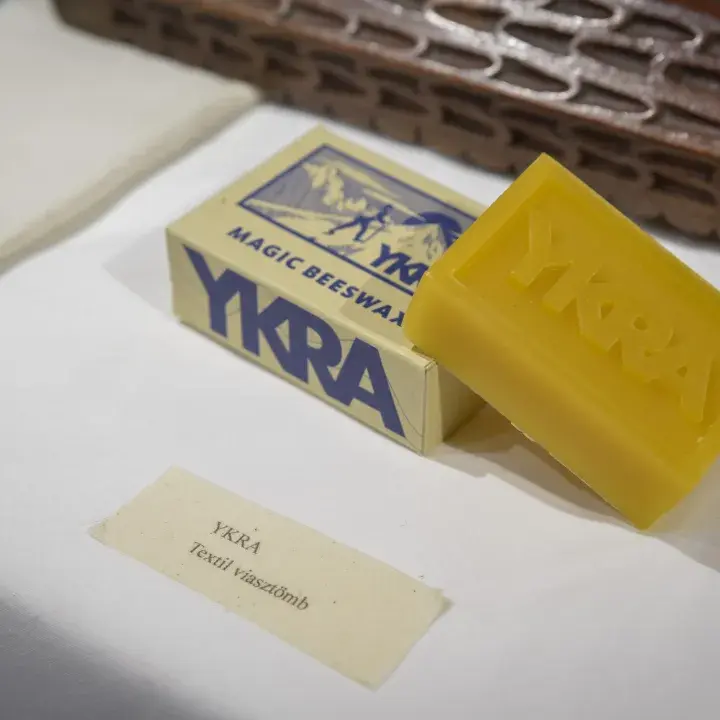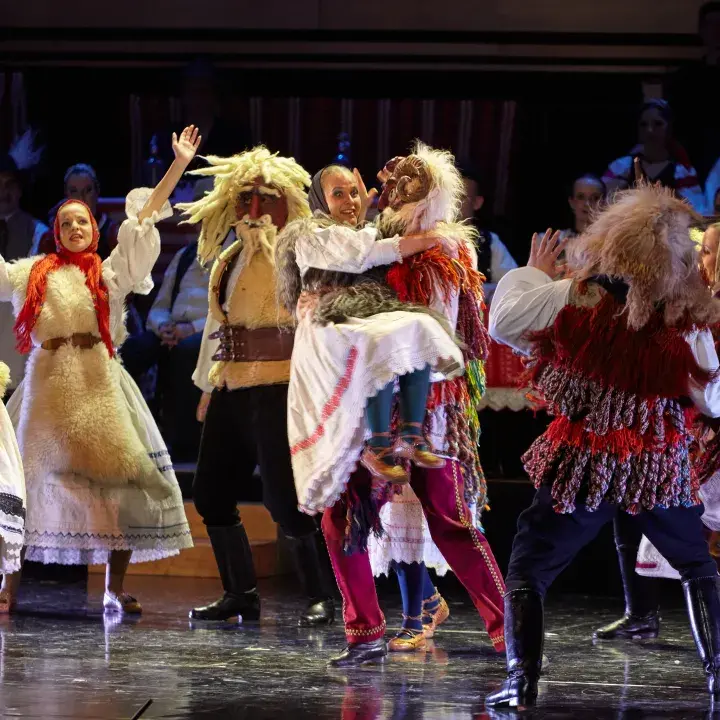Folk attires used to play an essential role in social contact. In peasant culture, it was a vital communication code that indicated belonging to a community, but it also referred to the socio-economic status of the individual, their ethnicity, religious affiliation, occupation or even age. It reflected the significance of the event when it was worn (religious festivities, extraordinary family events, etc.) and its emotional characteristics (grief, joy). The ceremonial dresses differed according to the festive occasion held in the village. In everyday life, a peasant worked in the fields in certain clothes and went to the city in different ones, which was the so-called "going about" attire. One of the characteristics of the folk costume was its rigidity and meticulously regulated expressiveness.
Fashion relies on the need to indicate both belonging and uniqueness in the same way as folk attires do, but it represents the rapid change of distinctive signs, the consequent devaluation, and the changing patterns of behaviour and action. It is driven by the desire to identify with a higher-ranking group, but the broader the social stratum that wears it, the more it ceases to be fashionable. It loses its value precisely because it is used by many, with whom the initiating group does not want to identify, so it "goes out of fashion" thanks to the pace of its spread.
In the case of traditional costumes, new variations in the use of materials and the way of making and decorating were presented by how the youth was dressing. The innovations that appeared in the costume can be reconstructed based on the attires of the youth. Can folk costumes be in fashion? As long as it remains a folk attire and can express a rich system of signs through its regulated manner, it cannot be regarded as such. It can turn fashionable only after it ceases to be systematic and functional, and its social acceptance disappears.


